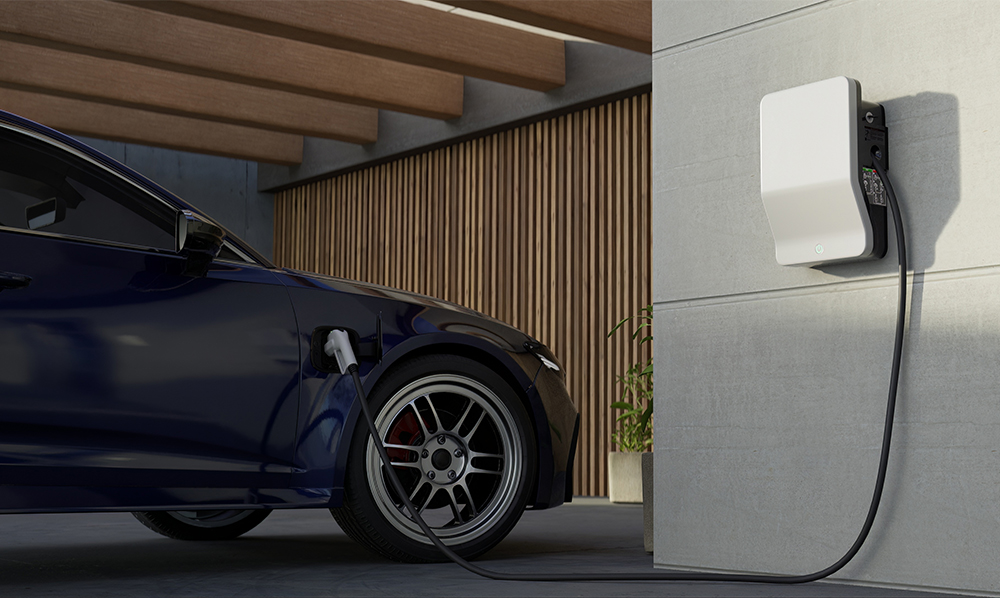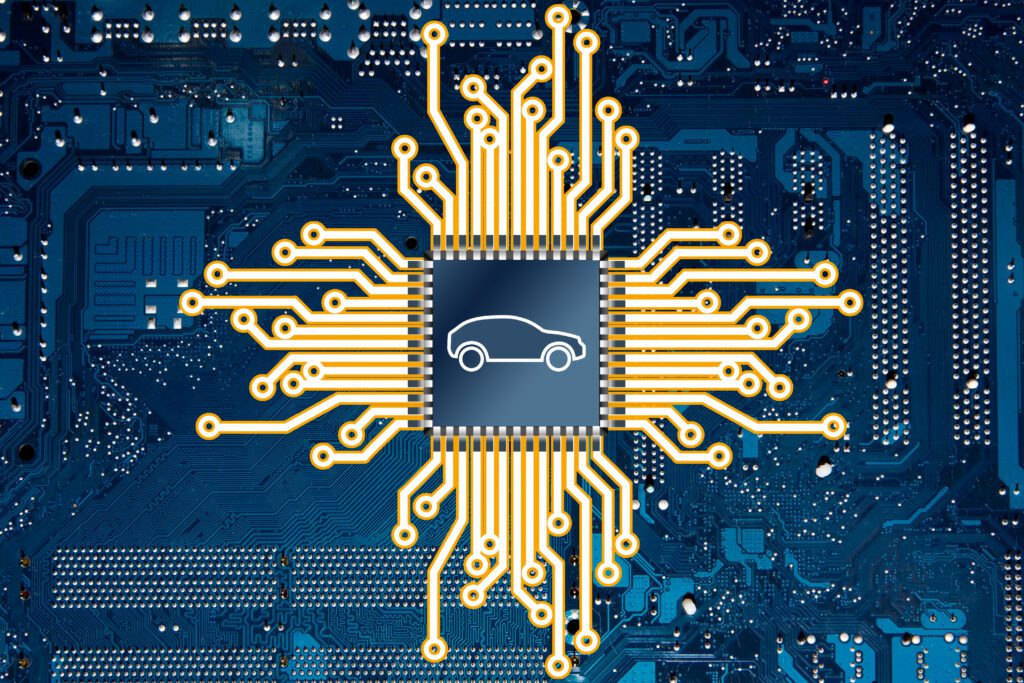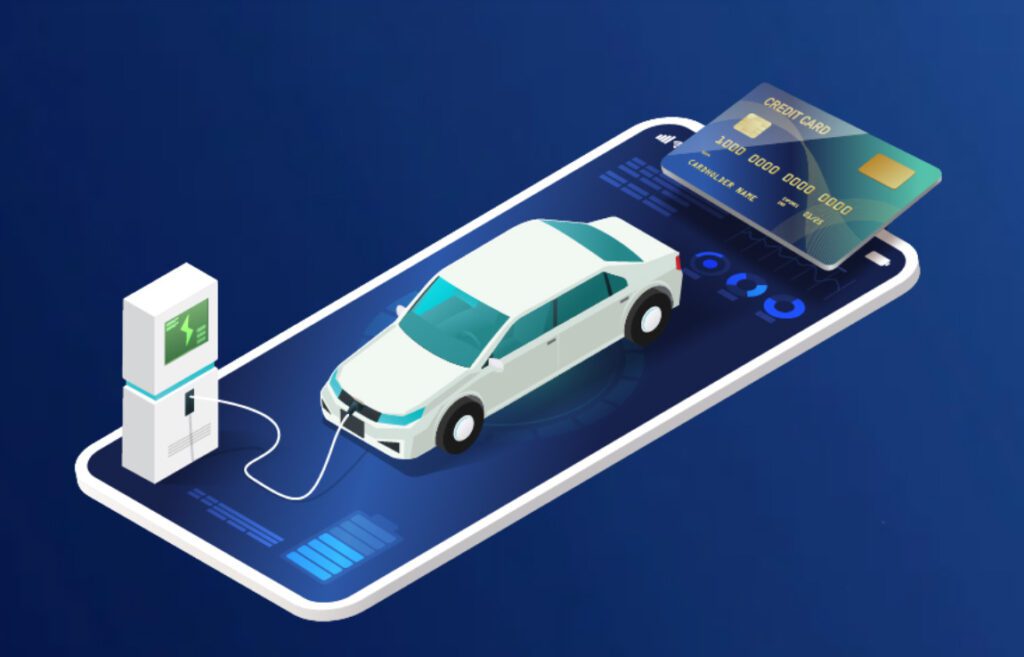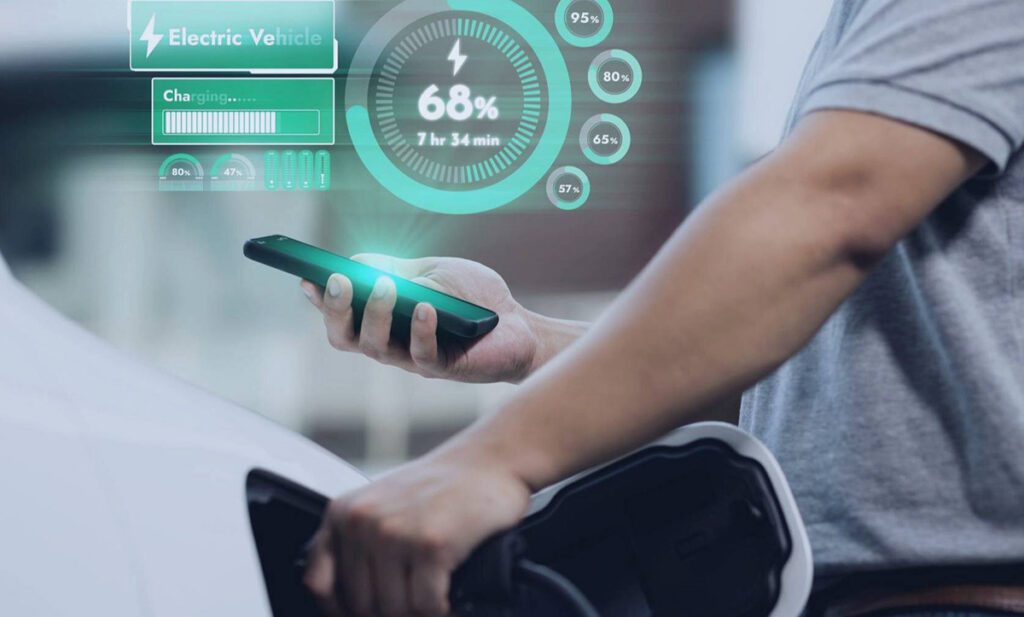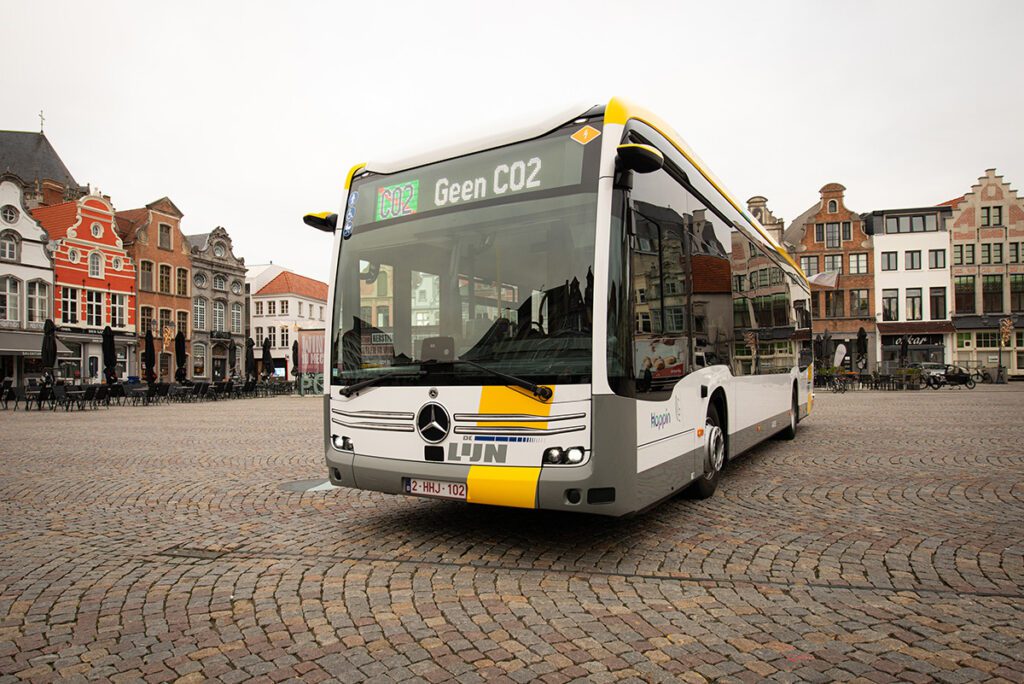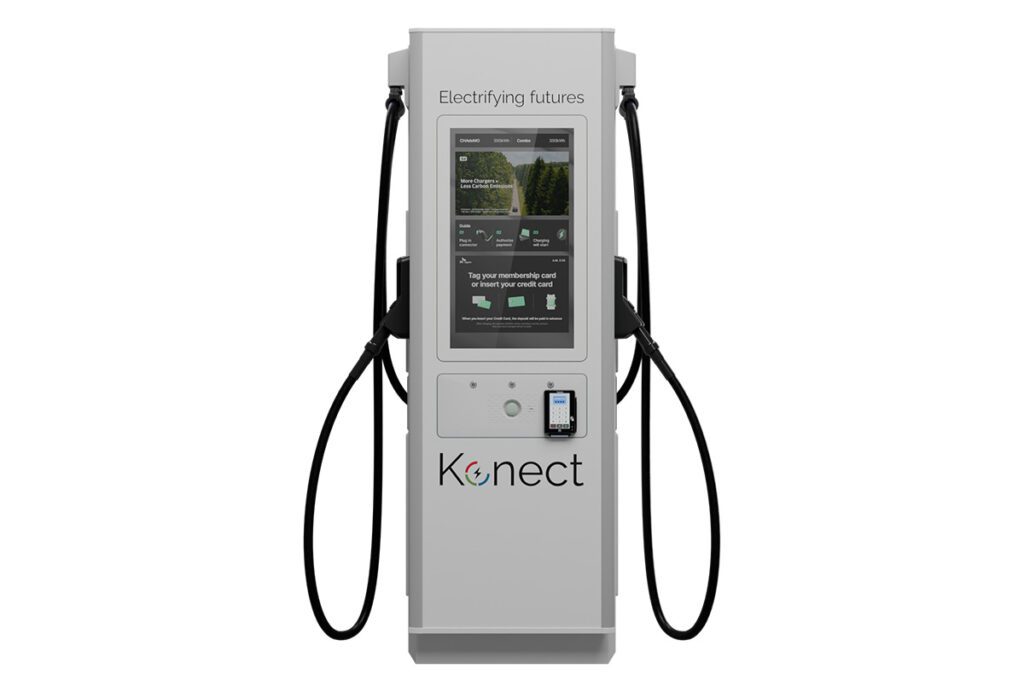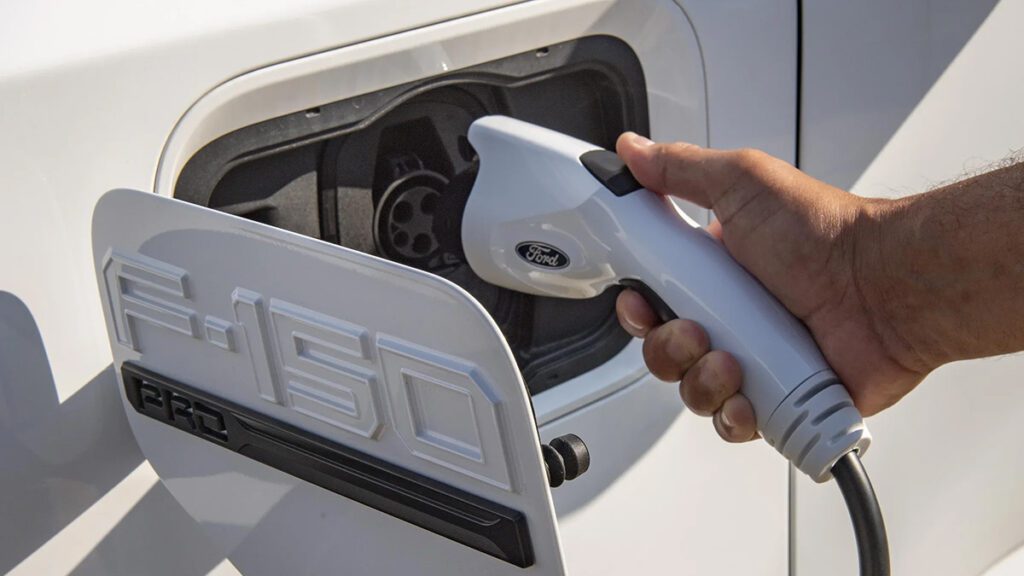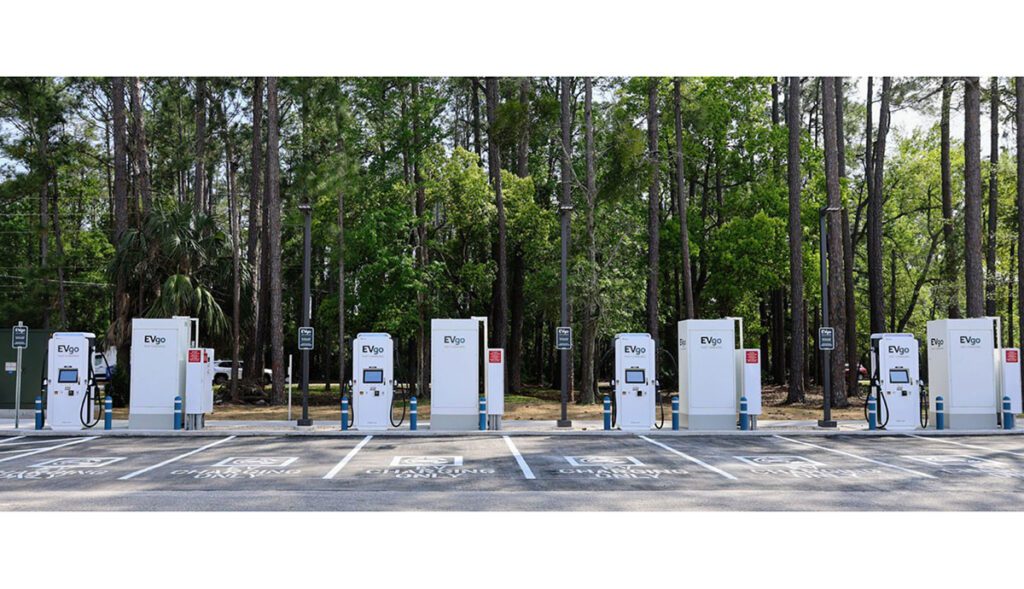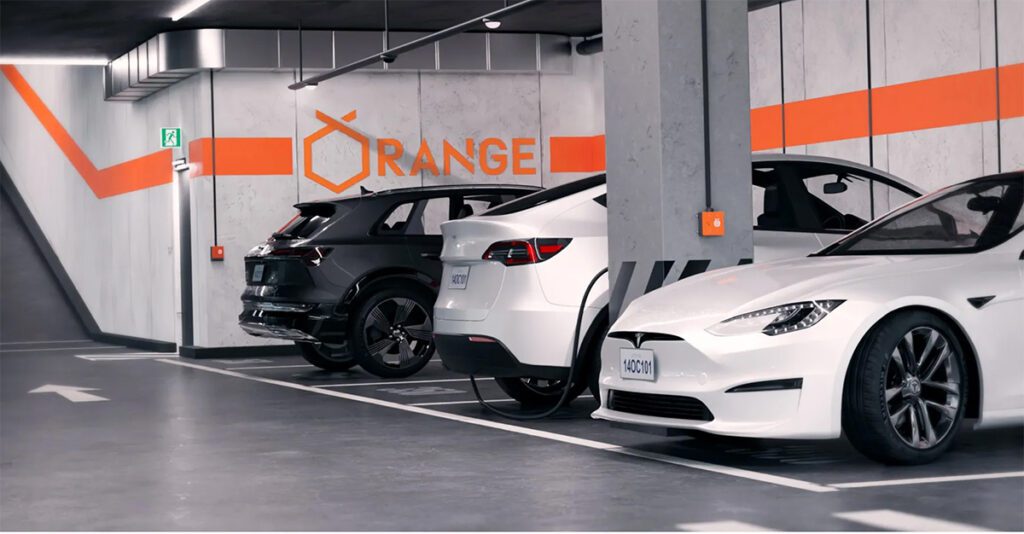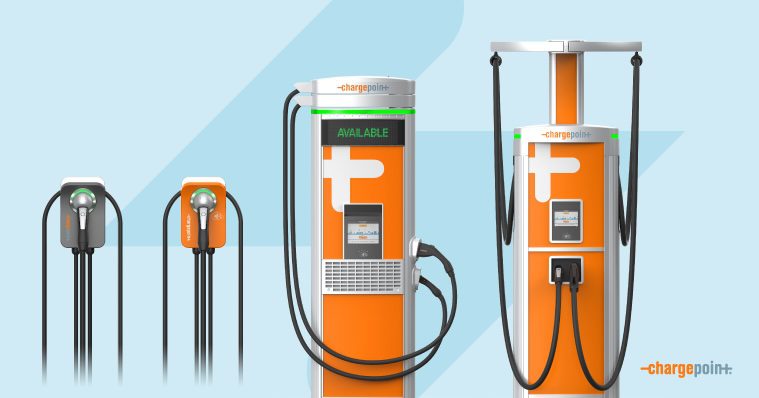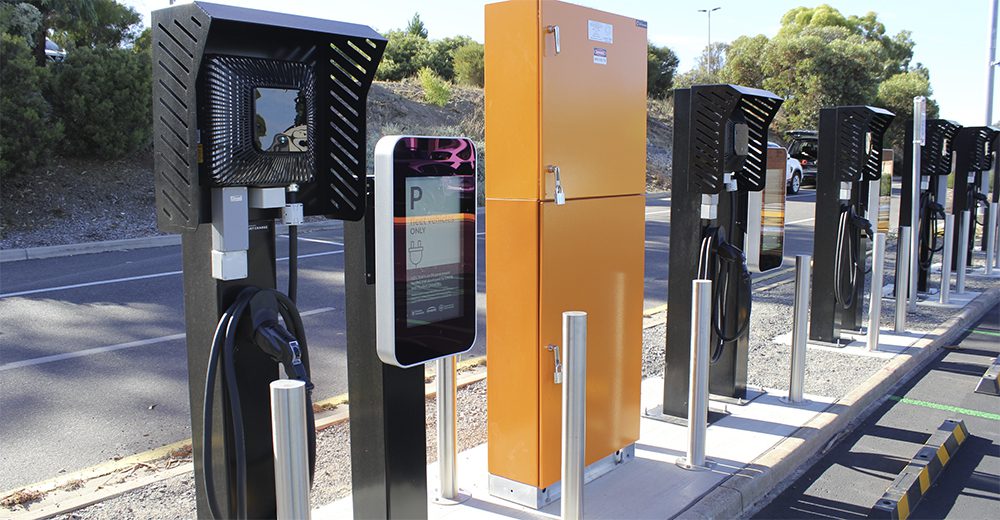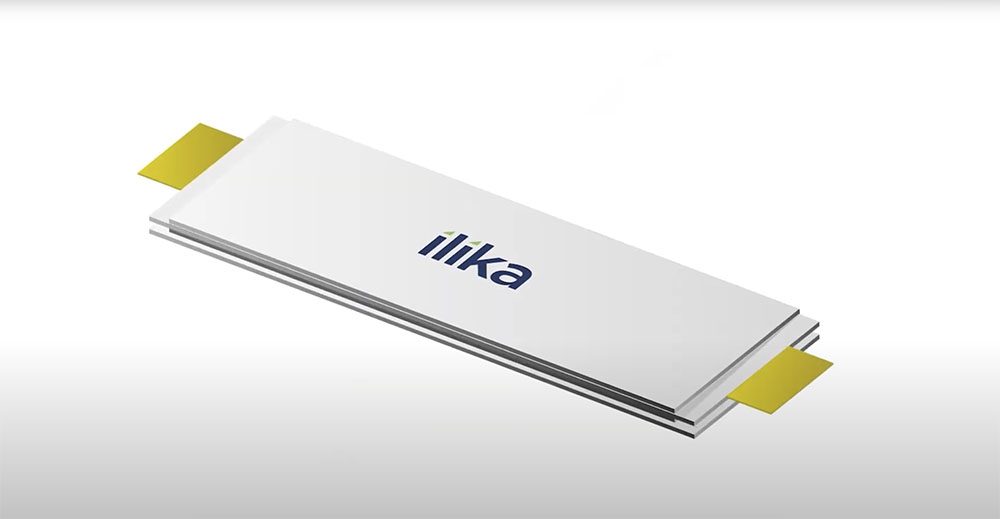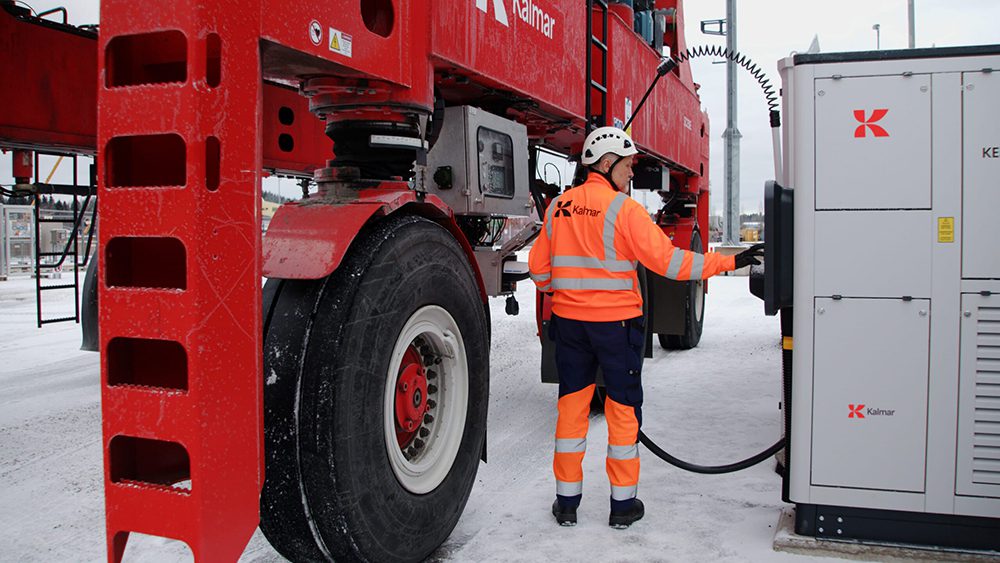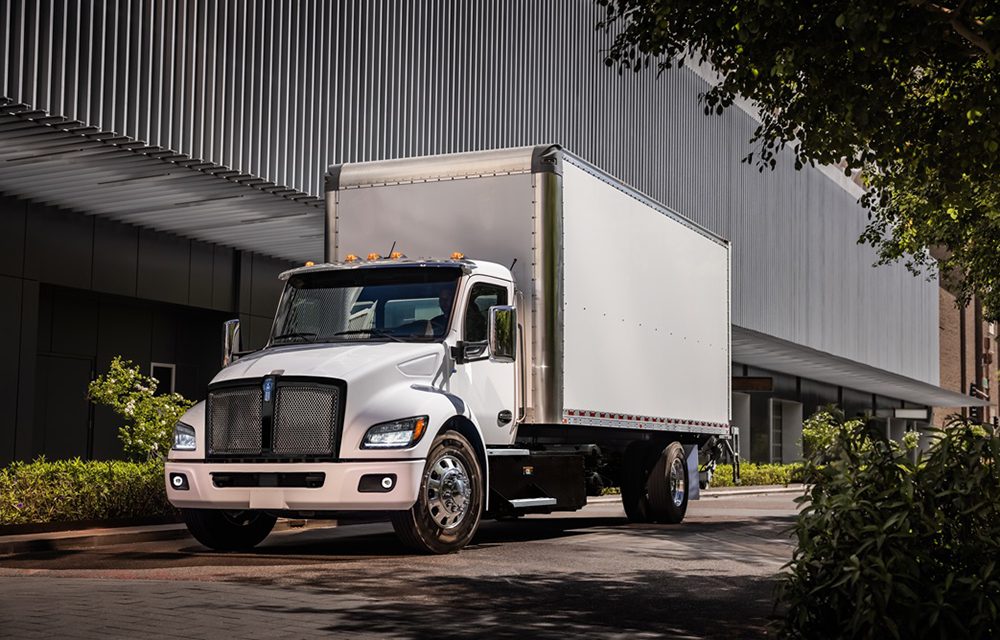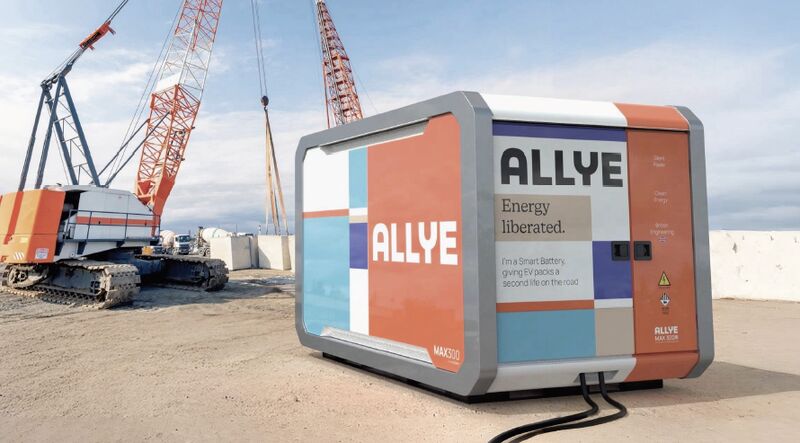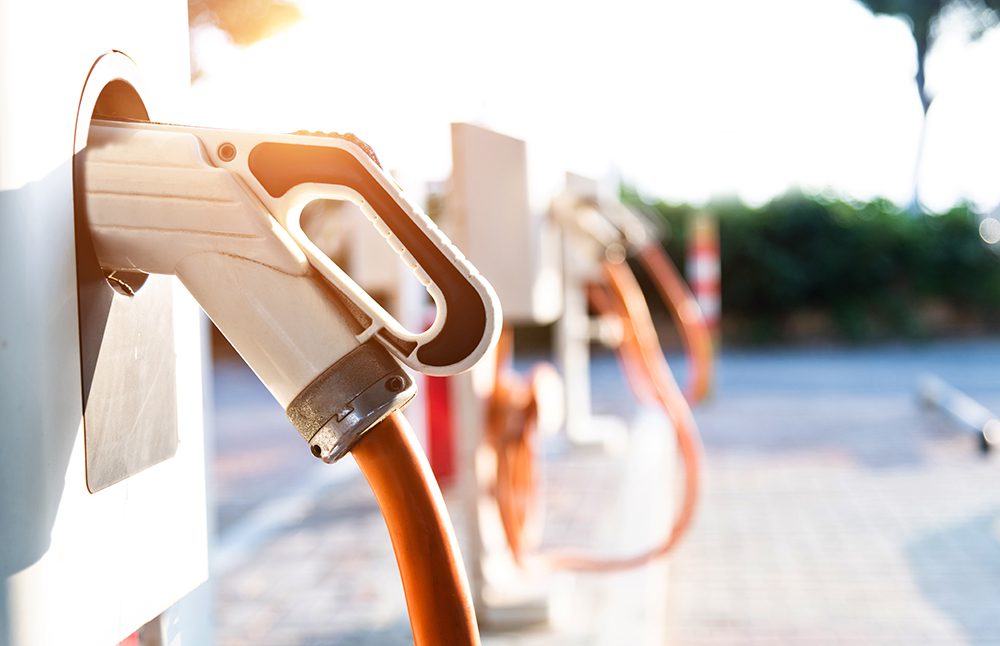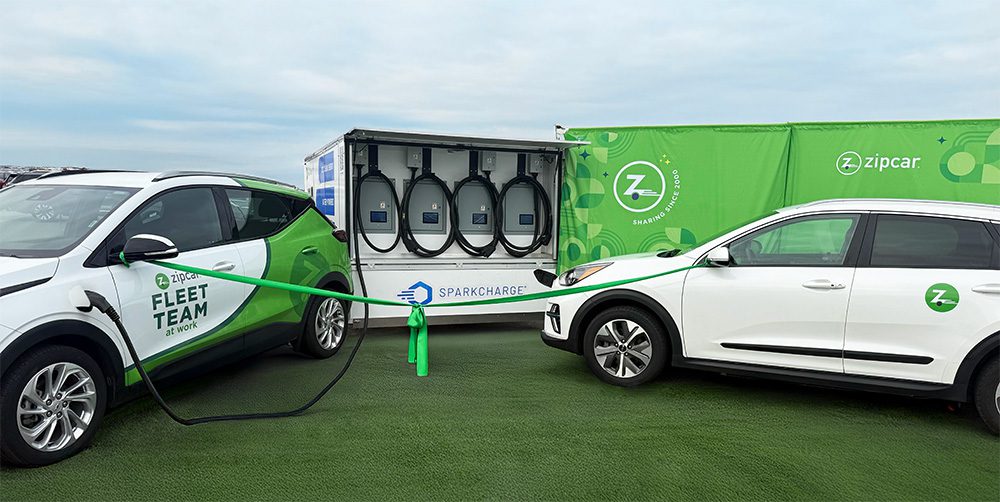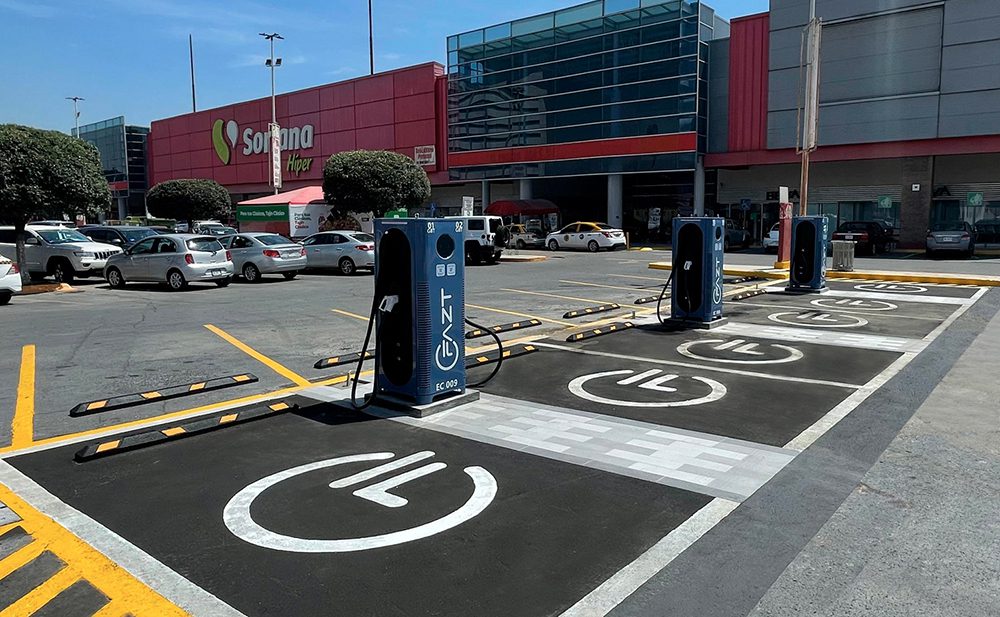It won’t be news to regular Charged readers that myths and misconceptions about EVs have taken deep root among the populace. When I tell a new acquaintance that I write about EVs, as often as not their reply is some sound bite that could be a direct quote from an oil industry social media feed.
Electrify Research has put some numbers to the nonsense. The firm recently surveyed homeowners in the US, the UK, France and Germany, and discovered that myths and misinformation about EVs (and heat pumps) have penetrated deep into the public consciousness in all four countries.
Electrify Research’s Home Electrification Tracker Survey polled roughly 1,000 people in each of the four countries in October 2023. All respondents were homeowners over 18, and they represented a variety of ages, genders and regions.
Of the myths tested, the one with the most widespread buy-in was: “Mass adoption of EVs swaps one problem (pollution from oil and gas) with another (lithium and cobalt mining, dead batteries).” Overall, 62% of respondents either agreed (33%) or agreed strongly (29%) with this statement. In fact, although there are indeed environmental and social problems associated with battery production, many scientific studies have demonstrated that the environmental footprint of EVs pales in comparison to that of fossil fuel extraction. (See recent articles in The Guardian, the New York Times, et al.)
The myth with the second-highest level of acceptance: “The batteries in EVs make them a serious fire hazard.” In Electrify’s survey, 72% of respondents in Germany reported believing in this one, as did 46% in the UK. In fact, although battery fires often look spectacular, and are notoriously hard to put out, the research shows that ICE vehicles are many times more likely to catch fire in the first place. (See a recent article in The Conversation, which includes links to numerous scientific studies.)
The third most widely held false belief: “The electricity grid won’t be able to cope with the demands of mass EV adoption.” Some 61% of German respondents, and 50% of Brits, fell for this one. Again, there’s a grain of truth here, but only a grain. Upgrades to electrical girds are sorely needed, especially in the US (and not only because of EVs). But Charged regularly speaks with execs at electric utilities, as well as companies that provide charging management software, and while all acknowledge the challenges, to date none has expressed any concern about EVs “crashing the grid.”
One myth that isn’t a myth: “Public chargers for EVs are unreliable and often out of order.” Between 42% and 53% of respondents agreed with this statement, and we won’t contradict them. The unreliability of public chargers is a very frequent topic at Charged and every other EV-related media outlet. The good news is that everyone in the industry is well aware of the problems, and improvements on several fronts (standardized error codes, new reliability standards, improved reporting and maintenance) are in the works. Federal programs that fund public charging include uptime requirements, so charging providers will soon be forced to raise their games. Further good news: the majority of charging takes place at home, and home chargers are by all accounts extremely reliable. Unless you live somewhere where you can’t install a charger, or take frequent long road trips, you’ll probably never need to visit a public charging station.
The Electrify Research survey found that susceptibility to anti-EV myths varied across certain demographic categories. Unsurprisingly, respondents who say they’re concerned about climate change are less prone to believing the myths. Also not so surprising is the fact that males consistently showed a higher likelihood of believing the bull compared to females.
Source: Electrify Research







